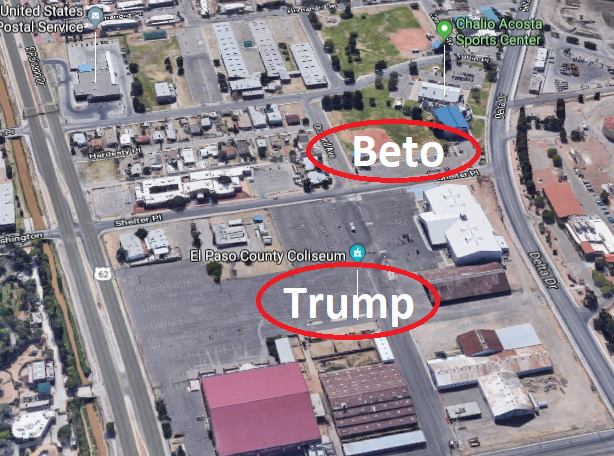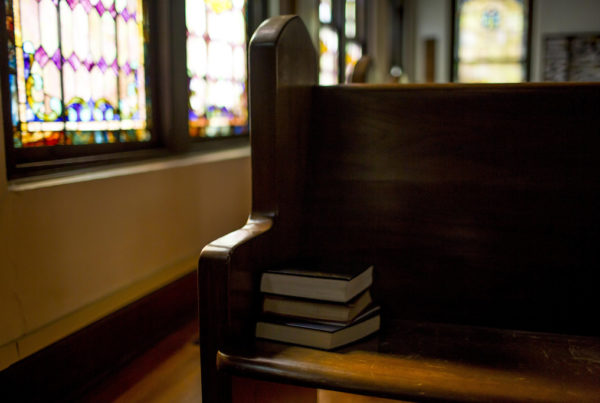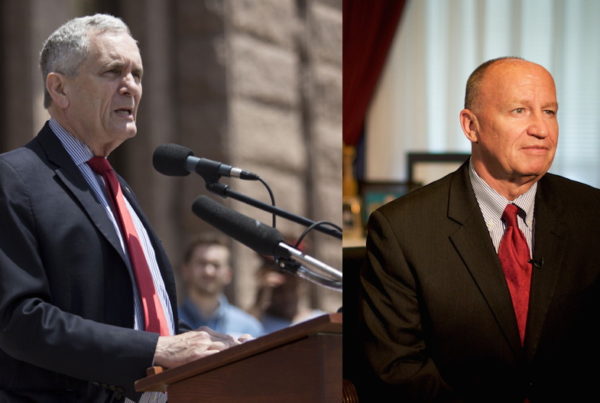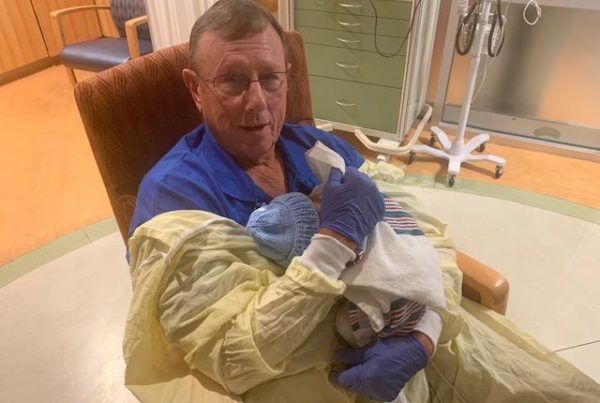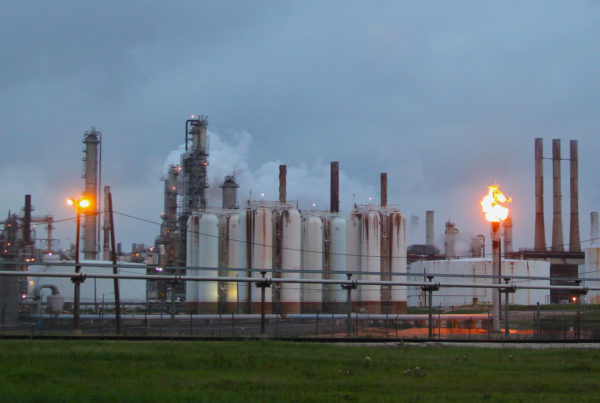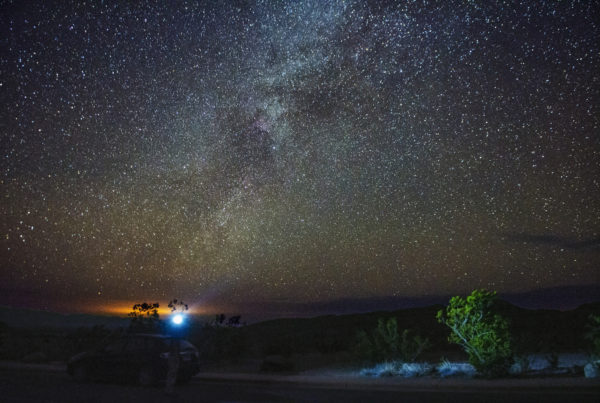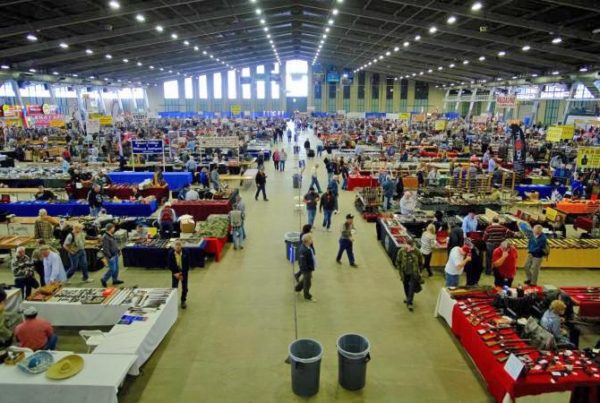Over the weekend, more than 100 police vehicles formed a line along the border between Eagle Pass, Texas and Piedras Negras, Mexico. Local law enforcement called it a “show of force,” and it included approximately 500 Texas state troopers and active-duty military, including members of the National Guard and Texas State Guard.
In the meantime, two separate negotiations are underway: one, between U.S., Mexican and Central American officials aimed at curbing the number of caravans bound for the U.S.- Mexico border; the other, a round of talks among lawmakers in Washington, aimed at reaching a deal by Feb. 15 to avoid another government shutdown. But President Donald Trump has said a deal would need to include funding for a border wall, and he’s holding a rally in El Paso Monday evening to promote that agenda.
Richard Pineda is associate professor and director of the Sam Donaldson Center for Communication Studies at the University of Texas at El Paso, and says Trump’s rally is different than events past presidents have held in El Paso to promote their policy agendas.
“Not only is this a rally for the Trump 2020 campaign … [but] this is using the stage in El Paso to try to convince the base and to try to send a message to Republican supporters around the country that this is still the priority that the president is pushing,” Pineda says.
Pineda says El Pasoans were unhappy when Trump wrongly said last week during his State of the Union address that El Paso became a safer city immediately after it erected a border barrier between itself and Mexico.
“The mischaracterization of what violence is like in El Paso, and, in particular, what sorts of threats exist on the border for this community, I think, were wildly out of play in the president’s speech,” Pineda says. “But I think on top of that, you have a real sense of a community that is not prepared to be painted with such a wide brush.”
He says local politicians like Congresswoman Veronica Escobar and former Congressman Beto O’Rourke have spoken out against Trump’s comments, and they’re planning to participate in a counter-rally at the same time as Trump’s event.
“I think that there is a better chance of a larger crowd for this counter-rally because I do think that people in El Paso are not pleased with this miscategorization,” Pineda says.
Some local law enforcement agencies have also released statements opposing Trump’s comments, Pineda says.
He says he doesn’t expect any violence or incivility during the rallies, but that both groups will represent a “microcosm” of the larger, national debate about immigration. Also, he says the counter-rally will bring attention to the perspective of people who live at the border – a perspective sometimes overlooked by those in Washington.
“The people that live on the border are often excluded from these policy conversations,” Pineda says. “Those of us that have grown up here or live on the border understand the fluid dynamics of the border much better than folks that are on the other side of the country.”
Written by Caroline Covington.


